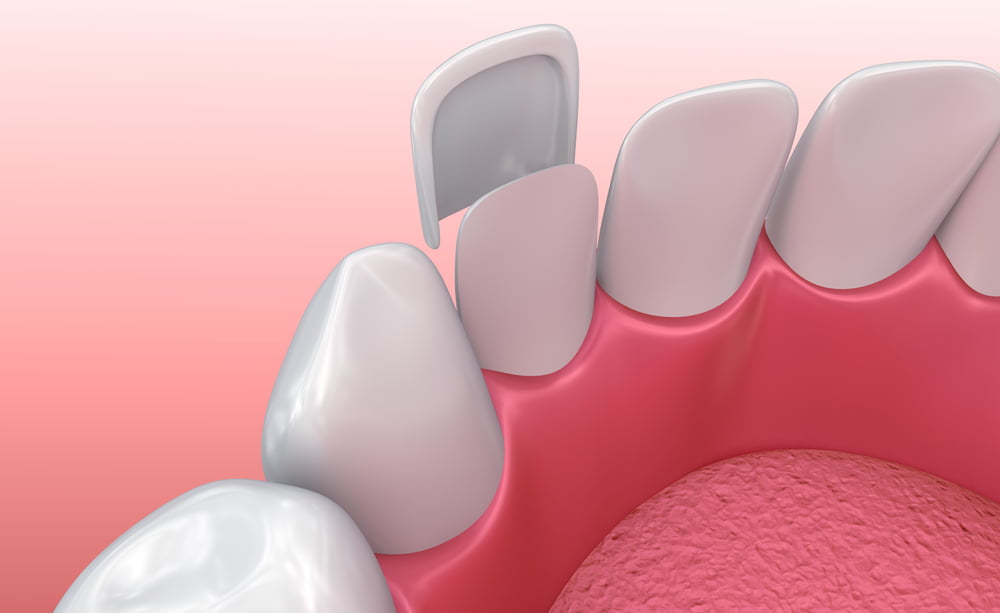What Is Root Canal Treatment?
The goal of a root canal treatment is to remove inflamed pulp from inside teeth. The tooth is then thoroughly cleansed, disinfected, then sealed and filled with gutta-percha, a substance that resembles rubber. Following that, the tooth is sealed with a dental crown or filling so that it keeps functioning normally.
The goals of root canal therapy are to save the normal tooth, stop the infection from spreading, and eradicate germs from the diseased root canal.
Endodontic therapy minimizes the need for recurrent dental care, allows you to keep your natural smile, and allows you to continue eating the things you enjoy. Most teeth that were treated with root canal therapy can survive a lifetime if they are maintained properly.
What Are Signs of Needing Root Canal Treatment?
What Are Signs of Needing Root Canal Treatment?
A few signs indicate that you may require a root canal treatment:
• Pain that is excruciating while biting or chewing
• Gum infections
• A fractured or chipped tooth
• Persistent sensitivity to heat or cold, even once the feeling has subsided
• Tender or swollen gums
• Deep decay or darkening of tooth
What makes a tooth that has had endodontic treatment require additional treatment?
A loose, cracked, or fractured filling, extensive decay, or recent trauma can all lead to new tooth infections. The endodontist may occasionally find other extremely small or bent canals that were not able to be treated at the first treatment.
Why Is Early Root Canal Treatment Important?
If the tooth infection is not treated, it may potentially become life-threatening in certain situations and spread to other areas of the body. The tooth’s infected pulp must be extracted if a root canal is required.
If neglected, root canal problems can become painful and dangerous. Early diagnosis is the key for successful treatment planning. You can guarantee a quicker recovery and stop more harm by getting dental treatment as soon as possible.
Postponing therapy for root canal issues might result in more serious side effects including abscesses or even tooth loss. Sometimes the infection might extend to other parts of your mouth, causing pain and suffering in addition to the affected tooth.
Early intervention is essential since it helps determine the source of the issue before it worsens. This implies that with various procedures like root canal treatment or dental crowns, your dentist will have a greater possibility of keeping your original tooth.
Additionally, taking care of your root canal problem as soon as possible helps lower the overall cost of healthcare due to issues that may arise later in life. You’ll ensure best oral health outcomes and save costs with early diagnosis and treatment.
What Happens During a Root Canal Treatment Consultation?
- After diagnosing the condition, your endodontist will explain the reasons why endodontic treatment is necessary and go over your alternatives if your case is not indicated for root canal treatment.
- A comprehensive diagnostic evaluation, comprising standard dental x-rays or a Cone Beam Computed Tomography (CBCT) 3-D scan if needed.
- An extensive oral and dental examination of the problematic or area,
- A one-on-one discussion with the endodontist regarding treatment options for your tooth or teeth are all included in the consultation appointment.
Is a root canal painful?
A root canal treatment isn’t more painful than a standard dental operation, like getting a filling or having a wisdom tooth extracted, because patients are given anesthetic. After the procedure, a tooth can sometimes be somewhat numb or sore, and it may even cause some minor discomfort for the following 2 days.
What Are Aftercare Tips for Root Canal Treatment?
Following a root canal treatment, be careful to pay attention to all of your endodontist’s recommendations. These often include brushing twice a day, avoiding hard or particularly chewy foods.
Until your dentist has restored the treated tooth, you shouldn’t chew on it or bite down on it. You should visit your dentist as soon as possible for a complete repair since an unrestored tooth is prone to breaking. If not, all you have to do is maintain proper dental hygiene, which includes brushing, flossing, and getting regular examinations and cleanings.
Most teeth with endodontic treatment have the same lifespan as normal natural teeth.




